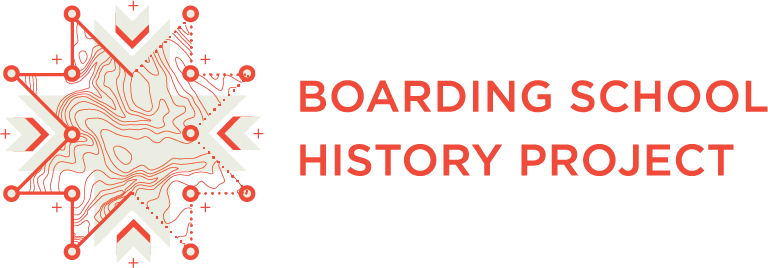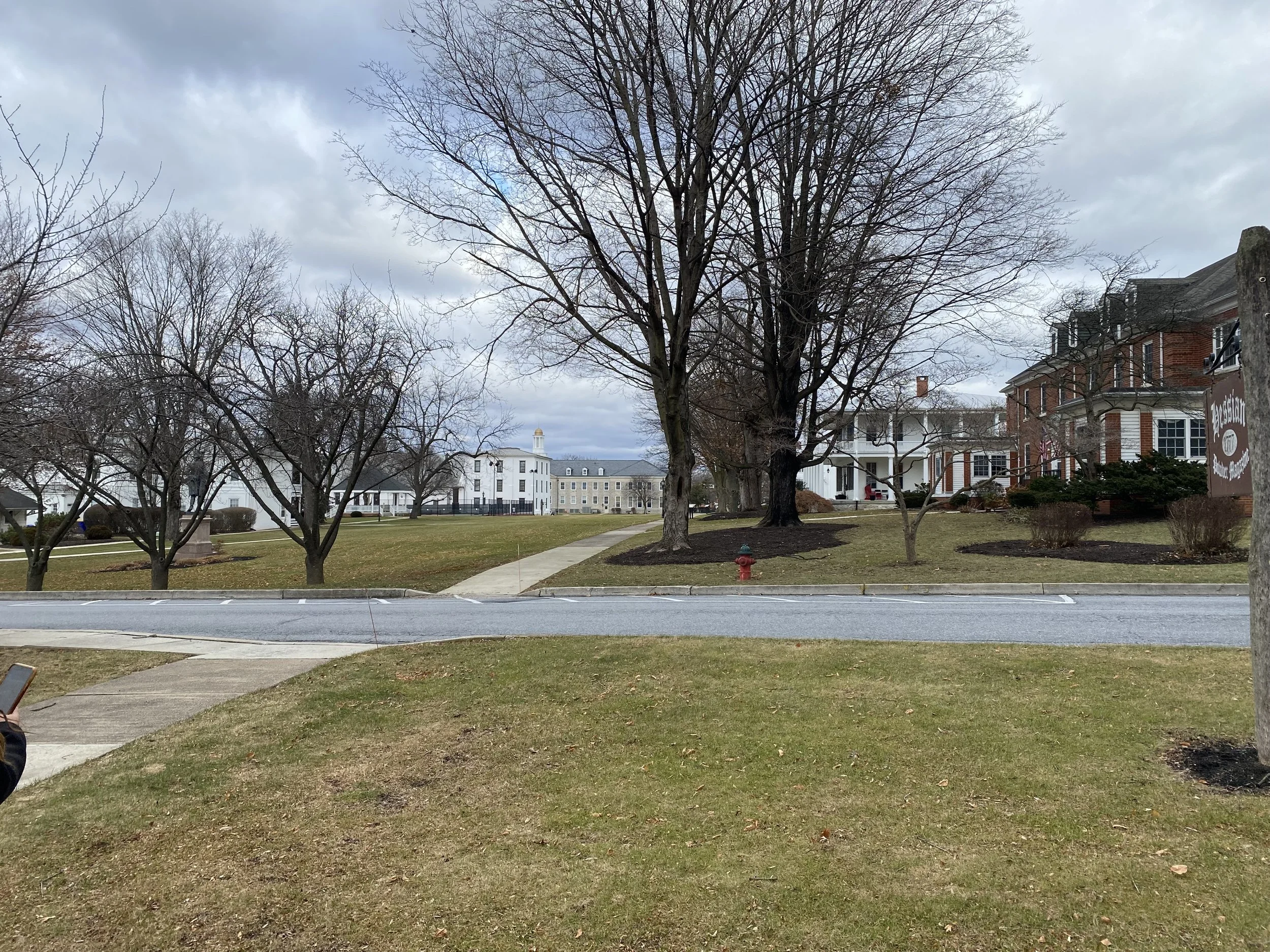Boarding School History Project
Background
Many oral history projects have documented Indigenous experiences in boarding schools, but they have often turned away from the epistemic consequences of these schools, concealing the interconnection of knowledge, settler colonialism, and Indigenous survival.
This project aims to shift our understanding of boarding schools as metaphors for the trauma of settler colonialism, enhancing how we reckon with the legacy of boarding schools in the United States and Canada.
This meta-archive and mobile application will open up avenues of inquiry and memory that allow us to reclaim boarding schools as part of Indigenous intellectual history and knowledge production.
Sioux boys as they arrived at the Carlisle School, Oct 5th, 1879 / Library of Congress via Wikimedia Commons
When?
Stage 1 began September 2022
Who?
Dr. Elizabeth Rule (principal investigator)
Dr. Eli Nelson (principal investigator)
Dr. Rachael Nez (postdoctoral fellow)
Dr. Derek Baron (postdoctoral fellow)
Project goals
Create a critical meta-archive that documents boarding schools' curriculum, pedagogy, and educational impact on Indigenous intellectual history and leaders. The structure of the archive will challenge colonial systems of knowledge organization, incorporating Indigenous and land-based archival methods while enabling tribal historians and Indigenous community members to catalog these archives for themselves.
Develop a public-facing mobile application based on the archive, built around a land-based map of Indigenous boarding schools and their consequences.
Add to BBQ+’s catalog of open educational resources (OERs), allowing educators to use the archive and its findings when developing curricula for K-12 and college students.
Train researchers in decolonial and Indigenous theoretical methods of reading against and through archives of this kind.
Share our findings through conference presentations, workshops, and an edited collection on critical Indigenous education and boarding school history.
Project news & events
We are grateful to the Henry Luce Foundation for support and funding.




